Content
Free Mental Health Assessment
Venlafaxine: Uses, Doses, and Potential Side Effects

When you’re struggling with mental health, it often makes sense to try medication — such as venlafaxine.
Venlafaxine is a commonly prescribed antidepressant known for its effectiveness in treating various mood disorders. But like all drugs, it comes with potential side effects and unique characteristics.
Understanding the pros and cons of any medication is crucial for making informed decisions about your mental health care. Does venlafaxine make sense for you? That’s for you and your healthcare provider to decide.
We’re covering everything you need to know about venlafaxine, including its uses, benefits, and the risks to be aware of before starting it.
Content
What Is Venlafaxine?
Venlafaxine, the Effexor® generic name, is a prescription drug that belongs to a class of antidepressants called serotonin-norepinephrine reuptake inhibitors (SNRIs).
SNRIs are typically used to treat depression, anxiety, and certain chronic pain conditions. They work by increasing the levels of two critical neurotransmitters in the brain: serotonin and norepinephrine.
Serotonin is involved in regulating your mood, including feelings of happiness and anxiety, and plays a role in the sleep-wake cycle.
Norepinephrine is involved in alertness and concentration, your body’s response to stress, and the sleep-wake cycle.
SNRIs block the reabsorption (or “reuptake”) of these neurotransmitters in the brain, making more of them available to improve communication between nerve cells.
Increasing their activity in the brain is thought to help boost mood by triggering mechanisms that lead to healthier brain cells. So, SNRIs help address mental health symptoms by providing an environment within the brain that promotes the healthy growth of brain cells.
What Is Venlafaxine Used For?
Like other SNRI drugs, venlafaxine is primarily used to treat:
Major depressive disorder (MDD)
This medication is especially effective in treating depression and anxiety disorders. So it can be helpful when someone is experiencing both of these conditions at the same time.
Venlafaxine is also used off-label, meaning it can be prescribed for things other than for what it’s FDA-approved. Some of these other venlafaxine uses include treating and preventing:
Fibromyalgia, a condition of widespread musculoskeletal pain, fatigue, and tenderness
Diabetic neuropathy, a type of nerve damage caused by prolonged high blood sugar levels in people with diabetes, leading to symptoms like pain, tingling, and numbness in the limbs
Complex pain syndromes, which involve sensory, motor, and autonomic dysfunctions and often cause disabling pain
Hot flashes, a common complaint associated with menopause
Migraine
Post-traumatic stress disorder (PTSD)
Obsessive-compulsive disorder (OCD), particularly when someone doesn’t respond well to SSRIs
Like any drug, venlafaxine isn’t a good fit for everyone. Your healthcare provider may not choose venlafaxine for anxiety and depression before other drugs.
In fact, it’s not always a first-line treatment. SNRIs, in general, are often not prescribed unless you’ve already tried an SSRI — like sertraline (Zoloft ®) or fluoxetine (Prozac®) — without success.
That’s not because SNRIs are less effective — it’s that SSRIs have a more well-established safety profile and may be better tolerated than venlafaxine with fewer side effects. Also, if it’s stopped too quickly, venlafaxine can cause more difficult withdrawal symptoms than SSRIs.
Beyond that, a good candidate for venlafaxine should be medically evaluated for their ability to tolerate the possible side effects, such as increased blood pressure — and shouldn’t have high blood pressure to begin with. They also shouldn’t have a history of allergic reactions or otherwise poor responses to SNRIs.
But again, everyone is different. Your healthcare professional will be able to help you figure out if trying venlafaxine makes sense for your needs.
How to Use Venlafaxine
Venlafaxine can be used as a standalone treatment or as part of a combination therapy regimen with other medications and treatments for mental health conditions, like cognitive behavioral therapy (CBT).
Venlafaxine is sold under the brand names (Effexor) and (Effexor XR), which are an immediate-release tablet and an extended-release capsule, respectively. These are taken orally, and you should swallow them whole rather than chewing or dissolving them in water.
The immediate-release tablets are rarely used these days because they have to be taken with food two or three times a day, which can be inconvenient and difficult to remember. You could schedule a reminder to take it with meals, for example. If you’re given the extended-release capsule, as most people are, it’s typically taken just once a day (morning or evening) with food.
Keep in mind that, like other antidepressants, venlafaxine isn’t a quick fix or a cure-all for depression or other mental health conditions. It’s simply one tool that can help get your mental health back on track — and it can take several weeks or more to feel its effects.
Venlafaxine Doses
Venlafaxine is often started at a low dosage. The dosage is gradually increased every four to seven days by your provider as long as you’re not experiencing any negative side effects.
This medication is typically given in doses ranging from 37.5 to 225 milligrams (mg) per day, depending on the condition being treated, the severity of the condition, and how you respond to the drug.
It’s vital to follow your venlafaxine dosing instructions to a T. If you forget to take it, take the missed dose as soon as you remember — and try to stay consistent.
More is not always better, so don’t increase your dose without direction from your healthcare provider. In fact, it’s possible to overdose on venlafaxine, which can look like:
Dizziness
Nausea
Vomiting
Burning, tingling, or numbness of the hands and feet
Increased pupils
Muscle pain
Feeling abnormally hot or cold
Sleepiness
Seizures
Fast, slow, or otherwise irregular heartbeat
Coma
Never take more medication than you’re prescribed, and follow your healthcare provider’s instructions carefully.
Though venlafaxine is generally well-tolerated for most people, common side effects may include:
Nausea or constipation
Dizziness
Dry mouth
Sweating
Loss of appetite
Blurred vision
Nervousness
Trouble sleeping or daytime sleepiness
Mildly increased blood pressure
Reduced sex drive and function
In rare cases, those using venlafaxine may experience more serious side effects, such as:
Significantly increased blood pressure
Increased bruising or bleeding
Coordination problems
Hallucinations
Muscle cramps or weakness
Withdrawal symptoms (with immediately stopping venlafaxine)
Though it sounds counterintuitive, antidepressant medications can sometimes lead to worsening depression, unusual behavior changes, and increased suicidal thoughts.
Venlafaxine (like all antidepressants in the United States) carries a black box warning for suicidal ideation, especially among young adults up to age 24. This is the most stringent warning issued by the FDA, indicating that a drug has significant or life-threatening risks. Be especially watchful for this when you start this drug or if your dose is adjusted.
Venlafaxine can increase the risk of glaucoma, especially in people with pre-existing eye conditions. This is because the drug may lead to increased pressure in the eye — a medical emergency that can lead to vision loss if not treated properly.
There’s also some evidence that venlafaxine may increase cholesterol levels in some patients, particularly with long-term use or higher doses.
Scientists don’t fully understand why this could happen. But studies have shown venlafaxine can increase total and LDL (low-density lipoprotein) cholesterol, which could be especially concerning for those already at a higher risk for heart disease.
Having an allergic reaction to venlafaxine is pretty rare. However, get medical attention right away if you experience the typical signs of one, including rash, itchiness, swelling of the face, tongue, or throat, severe dizziness, or trouble breathing.
Finally, venlafaxine is an FDA pregnancy category C drug. This means that there is a potential risk to the fetus during pregnancy, but the benefits may outweigh the risks in some cases. It can also potentially pass into breast milk and cause adverse effects for nursing infants.
Only take venlafaxine under the supervision of a healthcare provider. They’ll monitor you for adverse effects and adjust your dosage as needed. If you experience any strange symptoms while taking it, tell your provider.
Venlafaxine Drug Interactions
It’s possible for venlafaxine to interact with various drugs and other substances. This can influence its safety and how well it works as a treatment.
First, when venlafaxine is used with other medications that also influence serotonin levels — like selective serotonin reuptake inhibitors (SSRIs) or triptans — there’s an increased risk for something called serotonin syndrome.
This is a potentially life-threatening condition of serotonin toxicity that can cause confusion, agitation, and a fast heart rate. SSRIs include citalopram (Celexa®), escitalopram (Lexapro®), fluoxetine (Prozac®), paroxetine (Paxil®), and sertraline (Zoloft®).
Don’t drink when using venlafaxine. Alcohol — and other depressants — can enhance the sedative effects of venlafaxine, increasing the risk of drowsiness and impaired coordination.
Finally, venlafaxine is very similar to desvenlafaxine, another type of SNRI, and they shouldn’t be taken together.
Tell your provider if you’re taking any of these:
Nutritional supplements or herbs like St. John’s Wort and tryptophan
Monoamine oxidase inhibitors (MAOIs) like isocarboxazid (Marplan®), linezolid (Zyvox®), methylene blue, phenelzine (Nardil®), selegiline (Eldepryl®, Emsam®, Zelapar®), or tranylcypromine (Parnate®)
Blood-thinning drugs like warfarin (Coumadin®)
Aspirin and other nonsteroidal anti-inflammatory drugs (NSAIDs) such as ibuprofen (Advil®, Motrin®) and naproxen (Aleve®, Naprosyn®)
Tricyclic antidepressants like amitriptyline, amoxapine, clomipramine (Anafranil®), desipramine (Norpramin®), or doxepin (Silenor®)
Our guide to antidepressant side effects covers more potential side effects and interactions that may occur with venlafaxine and similar medications.
Venlafaxine: Is It Right For You?
Whether venlafaxine is the right medication for you depends on a number of factors, which should be discussed with your healthcare provider.
Here are a few things to keep in mind as you consider venlafaxine as a treatment option:
It may not be a first-line treatment option. If you’re struggling with depression or anxiety, your provider is likely to recommend an SSRI first. However, venlafaxine may be appropriate if SSRIs aren’t a good fit for you.
Take it exactly as prescribed. The doses for Effexor generally start low and are gradually increased as long as you’re tolerating the drug. Never increase, decrease, or stop taking this medication without consulting your healthcare provider.
It’s not a cure for depression. Many people benefit from using venlafaxine, but it’s just one of several tools for supporting mental health. Other things that can help improve mood include therapy, physical activity, nutrition, sleep, and social support.
If you’re experiencing mental health challenges and want to explore treatment options, start by taking our free mental health quiz. From there, you’ll be connected with a licensed healthcare provider for next steps and a possible prescription.
21 Sources
- Amsterdam JD, et al. (2016). Short-term venlafaxine v. lithium monotherapy for bipolar type II major depressive episodes: effectiveness and mood conversion rate. https://www.ncbi.nlm.nih.gov/pmc/articles/PMC4816972/
- Amiri S, et al. (2012). Double-blind controlled trial of venlafaxine for treatment of adults with attention deficit/hyperactivity disorder. https://pubmed.ncbi.nlm.nih.gov/22252909/
- Balachander S, et al. (2019). Effectiveness of venlafaxine in selective serotonin reuptake inhibitor-resistant obsessive-compulsive disorder: experience from a specialty clinic in India. https://pubmed.ncbi.nlm.nih.gov/30516575/
- Endocrine Society. (2022). Brain hormones. https://www.endocrine.org/patient-engagement/endocrine-library/hormones-and-endocrine-function/brain-hormones
- Endocrine Society. (2022). Adrenal hormones. https://www.endocrine.org/patient-engagement/endocrine-library/hormones-and-endocrine-function/adrenal-hormones
- Gallagher HC, et al. (2015). Venlafaxine for neuropathic pain in adults. https://www.ncbi.nlm.nih.gov/pmc/articles/PMC6481532/
- Hedayat M, et al. (2022). Venlafaxine can reduce the migraine attacks as well as amitriptyline: A noninferiority randomized trial. https://pubmed.ncbi.nlm.nih.gov/35151971/
- Hoskins MD, et al (2021). Pharmacological therapy for post-traumatic stress disorder: a systematic review and meta-analysis of monotherapy, augmentation and head-to-head approaches. https://www.ncbi.nlm.nih.gov/pmc/articles/PMC8725683/
- Highlights of Prescribing Information: Effexor. (2017). https://www.accessdata.fda.gov/drugsatfda_docs/label/2017/020699s107lbl.pdf
- Murphy L, et al. (2021). Venlafaxine overdose treated with extracorporeal life support. https://www.ncbi.nlm.nih.gov/pmc/articles/PMC7954576/
- National Health Service (NHS). (2022). Side effects of venlafaxine. https://www.nhs.uk/medicines/venlafaxine/side-effects-of-venlafaxine/
- National Library of Medicine. (2016). Venlafaxine: more dangerous than most “selective” serotonergic antidepressants. https://pubmed.ncbi.nlm.nih.gov/27186622/
- Ramos Castrillo AI, et al. (2021). Bilateral acute angle closure after venlafaxine intake in a young patient with a narrow iridocorneal angle. https://www.ncbi.nlm.nih.gov/pmc/articles/PMC8697795/
- Richards-Belle A, et al. (2023). Associations of antidepressants and antipsychotics with lipid parameters: Do CYP2C19/CYP2D6 genes play a role? A UK population-based study. https://www.ncbi.nlm.nih.gov/pmc/articles/PMC10101178/
- Rowbotham MC, et al. (2004). Venlafaxine extended release in the treatment of painful diabetic neuropathy: a double-blind, placebo-controlled study. https://pubmed.ncbi.nlm.nih.gov/15288411/#
- Shelton RC. (2019). Serotonin and norepinephrine reuptake inhibitors. https://pubmed.ncbi.nlm.nih.gov/30838456/
- Simon LV, et al. (2024). Serotonin syndrome. https://www.ncbi.nlm.nih.gov/books/NBK482377/
- Singh D, Saadabadi A. (2024). Venlafaxine. https://www.ncbi.nlm.nih.gov/books/NBK535363/
- Spielmans GI, et al. (2020). Duty to warn: antidepressant black box suicidality warning is empirically justified. https://pubmed.ncbi.nlm.nih.gov/32116839/
- U.S. Food and Drug Administration (FDA). (2018). Understanding unapproved use of approved drugs “off label”. https://www.fda.gov/patients/learn-about-expanded-access-and-other-treatment-options/understanding-unapproved-use-approved-drugs-label
- VanderWeide LA, et al. (2015). A systematic review of the efficacy of venlafaxine for the treatment of fibromyalgia. https://pubmed.ncbi.nlm.nih.gov/25294655/
Editorial Standards
Hims & Hers has strict sourcing guidelines to ensure our content is accurate and current. We rely on peer-reviewed studies, academic research institutions, and medical associations. We strive to use primary sources and refrain from using tertiary references. See a mistake? Let us know at [email protected]!
This article is for informational purposes only and does not constitute medical advice. The information contained herein is not a substitute for and should never be relied upon for professional medical advice. Always talk to your doctor about the risks and benefits of any treatment. Learn more about our editorial standards here.
Daniel Z. Lieberman, MD
Education
Doctor of Medicine - New York University Grossman School of Medicine, 1992
Bachelor of Arts - St. John’s College, 1985
Training
Internship & Residency - New York University Grossman School of Medicine, 1996
Medical Licenses
District of Columbia, 1996
Maryland, 2022
Virginia, 2022
Board Certifications
American Board of Psychiatry and Neurology, Psychiatry, 1997
American Board of Psychiatry and Neurology, Addiction Psychiatry, 1998
Other Certificates & Certifications
Stanford Online, AI in Healthcare Specialization Certificate, 2025
Stanford Online, Machine Learning Specialization Certificate, 2024
Affiliations & Memberships
Specialties & Areas of Focus
Mental Health
Years of Experience
33
Previous Work Experience
Professor and Vice Chair - Department of Psychiatry and Behavioral Sciences, George Washington University, 1996–2022
Publications & Research
Title: A neurotransmitter approach to the trolley problem
Published in: OBM Neurobiology
Date: 2019
URL: https://www.lidsen.com/journals/neurobiology/neurobiology-03-02-030
Title: An automated internet application to help patients with bipolar disorder track social rhythm stabilization
Published in: Psychiatric Services
Date: 2011
URL: https://psychiatryonline.org/doi/10.1176/ps.62.11.pss6211_1267
Title: Enhancing adherence to mood charting with an online version of the NIMH Life Chart
Published in: Annals of General Psychiatry
Date: 2010
URL: https://annals-general-psychiatry.biomedcentral.com/articles/10.1186/1744-859X-9-S1-S11
Title: The role of gender in single versus married patients with bipolar disorder
Published in: Comprehensive Psychiatry
Date: 2010
URL: https://www.sciencedirect.com/science/article/abs/pii/S0010440X0900128X
Title: Evaluation of the stability and validity of participant samples recruited over the Internet
Published in: CyberPsychology and Behavior
Date: 2008
Title: Pathways to change: The effect of a Web application on treatment interest
Published in: The American Journal on Addictions
Date: 2008
URL: https://onlinelibrary.wiley.com/doi/10.1080/10550490802138525
Media Mentions & Features
Washington Post, Why do passengers freak out on airplanes? Science might have the answer.
Associated Press, MillerCoors Tapping Into Millenials
The Washington Post, Holiday drinking can be hard on your health, but you can take precautions
Le Figaro (France), Daniel Z. Lieberman: «La dopamine nous pousse à acheter en nous promettant le bonheur» (Daniel Z. Lieberman: “Dopamine drives us to buy by promising us happiness”)
Men’s Health (Spain), Cómo la dopamina influye en nuestro cerebro y determina nuestra vida (How dopamine influences our brain and determines our lives).
CNBC, The psychological reason it’s so hard to work today after the riot — and how to cope
Business Insider, The reason why we self-sabotage is because our brains are wired to resist the things we want most in life
U.S. News & World Report, How Your Secrets Can Damage and Maybe Even Kill You
Why I Practice Medicine
I practice medicine because I believe that mental health is the foundation of a meaningful life. When people suffer psychologically, it touches every part of their existence—from relationships to work to the simple ability to feel joy. Because it can be so difficult for people who are suffering to find good mental health care, my mission has been to expand access through technology, so that no one is left behind.
Hobbies & Interests
I like to write in my spare time. I’ve written two nonfiction titles, Spellbound: Modern Science, Ancient Magic, and the Hidden Potential of the Unconscious Mind and the international bestseller, The Molecule of More: How a Single Chemical in Your Brain Drives Love, Sex, and Creativity--and Will Determine the Fate of the Human Race
Professional Website or Profile
danielzlieberman.com
Related Articles
Related Conditions
 Anxiety
Anxiety
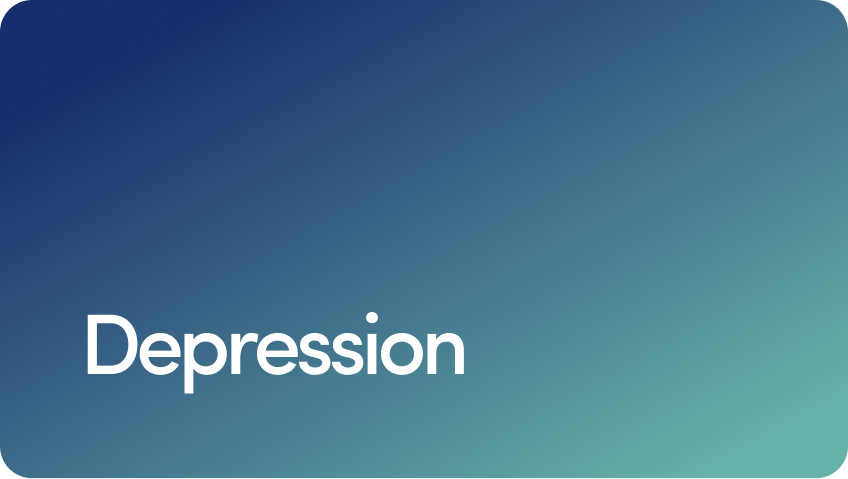 Depression
Depression
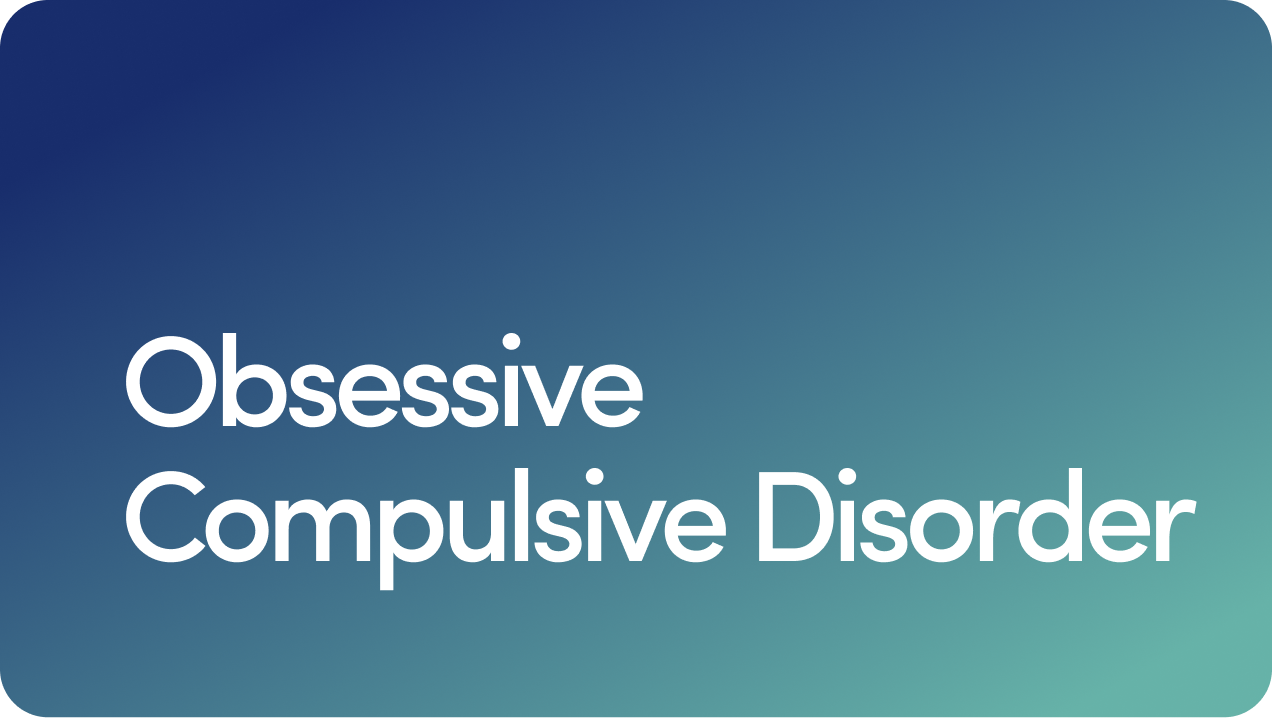 OCD
OCD
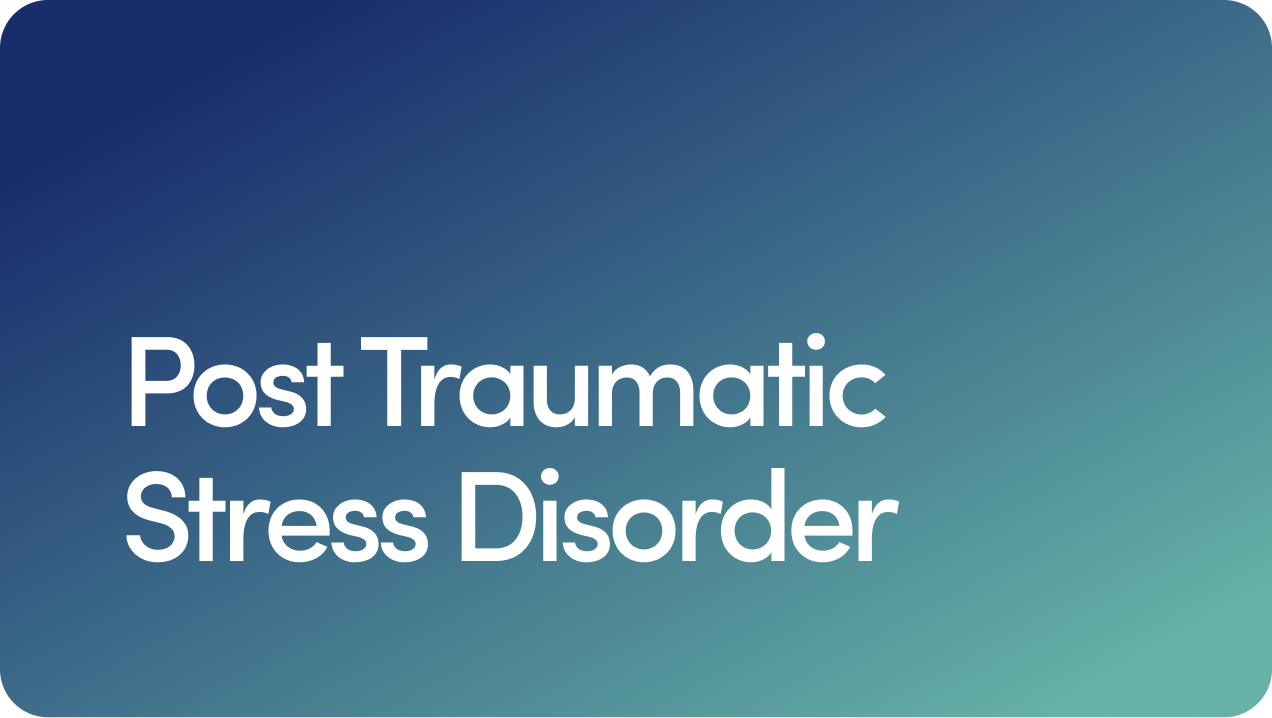 PTSD
PTSD
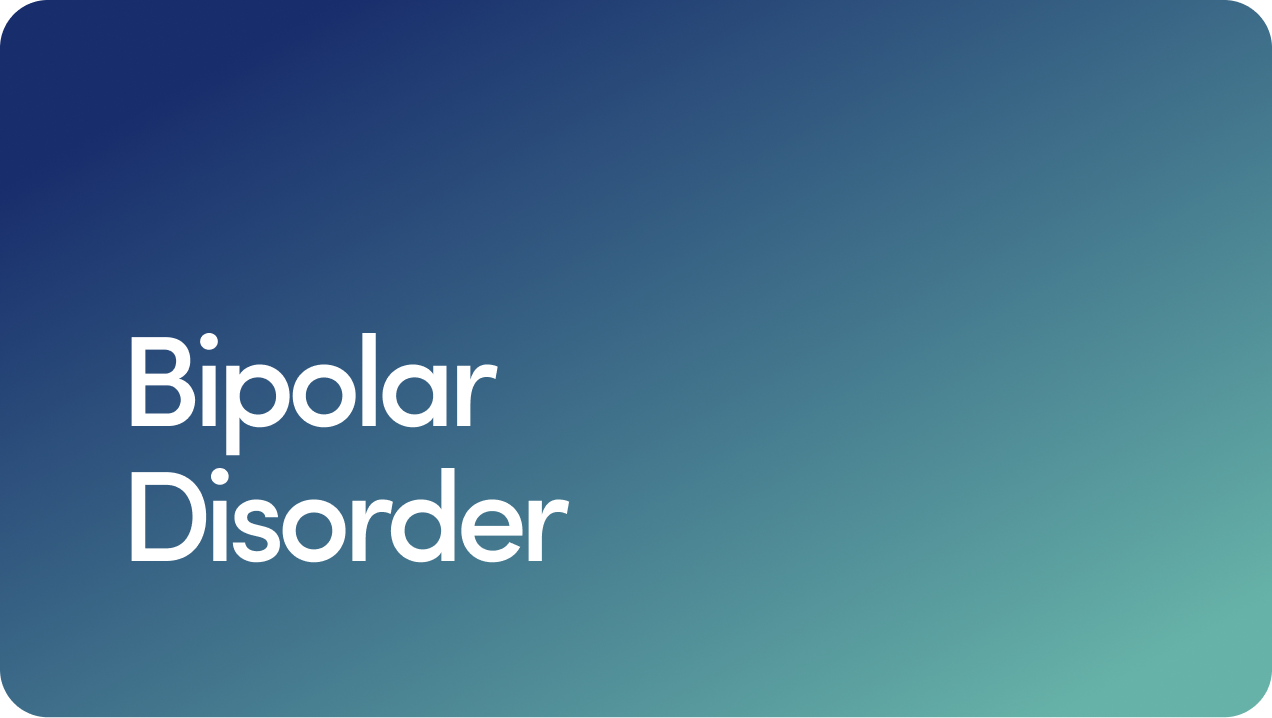 Bipolar Disorder
Bipolar Disorder
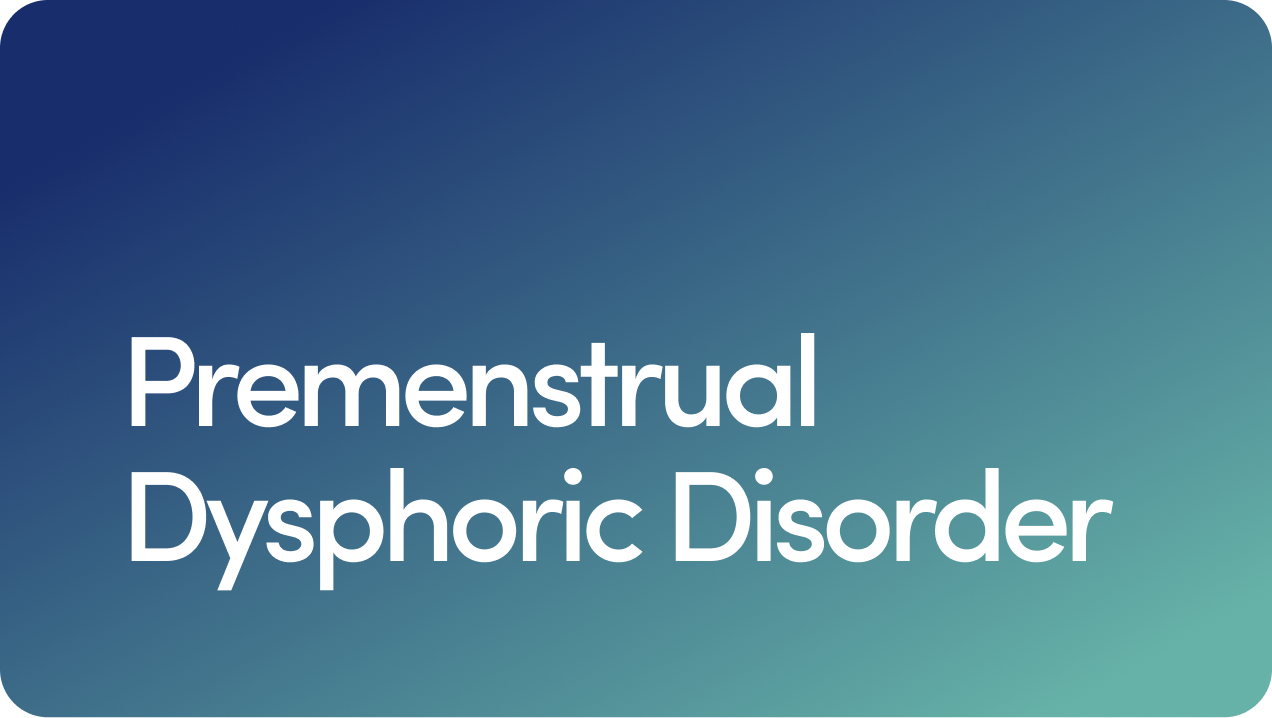 Premenstrual Dysphoric Disorder
Premenstrual Dysphoric Disorder